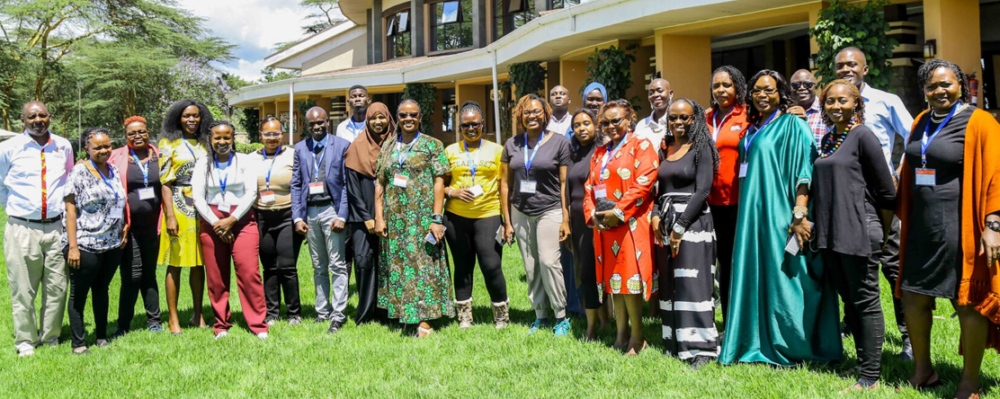
Statement
“Accountability shouldn’t be a surprise”: PHI Statement on Derek Chauvin Guilty Verdicts
-
Issues
Violence Prevention
Statement from Mary A. Pittman, DrPH, CEO and President, Public Health Institute
“Yesterday, former Minneapolis police officer Derek Chauvin was found guilty on all three counts for the murder of George Floyd last summer. For many, the moments leading up to the announcement were filled with uncertainty and dread that accountability would not be delivered. It took an enormous amount of overwhelming evidence to secure this very rare officer conviction, including video and testimony by children like Darnella Frazier, a teenager who witnessed and videotaped the murder, and testimony against Chauvin by his own Chief of Police. Even so, many Black people have expressed shock and disbelief that for once, an officer was held accountable for a murder. Accountability shouldn’t be a surprise, or rare, or an elusive event. It should be part of our expectations of civic leaders and people charged with the safety of our populace.
“This verdict is an historic moment in our national reckoning with systemic racism and police violence. And yet, a baseline of consequences and accountability is not justice. The proper conviction of Derek Chauvin is fully necessary, but it does not bring George Floyd back to his family, friends and community. And it does not change the systems that allowed for his murder—and the murders of so many other Black people at the hands of police—to occur. In the last few weeks, our country has witnessed ongoing police violence that continues to kill men and children of color, including the deaths of Daunte Wright in Minneapolis and Adam Toledo in Chicago. There was not even a moment to rest to take in what the conviction meant for healing before more police violence occurred. At roughly the same time that Derek Chauvin’s verdict was announced yesterday, police in Columbus Ohio shot Ma’Khia Bryant, a Black teenager who had called them for help.
“Police violence and systemic racism are intertwined public health crises. Only four months into 2021, 319 people have been killed by police, and Black people are three times more likely to be killed by police than white people. Research shows that violence and racism pose both short- and long-term threats to physical and mental health, for individuals as well as entire communities. PHI strongly supports the CDC’s recent declaration that racism is a public health crisis and the American Public Health Association’s policy recommendations for addressing law enforcement violence and all forms of violence as significant public health issues. We must continue to address anti-Blackness in ourselves individually and our organizational structure, and our work in communities, including listening to, being led by and lifting up the voices of those most impacted.
“PHI stands in solidarity with Black leaders and communities in mourning the unjust murder of George Floyd, and recognizing the significance of this verdict. It doesn’t change the nature of the work; it only highlights the gaps that need to be addressed for all people to thrive. We recommit ourselves to the work of racial justice, and join the calls for transformational, systemic change in order to build thriving, equitable, healthy and safe communities for everyone.”
More Updates
Work With Us
You change the world. We do the rest. Explore fiscal sponsorship at PHI.
Support Us
Together, we can accelerate our response to public health’s most critical issues.
Find Employment
Begin your career at the Public Health Institute.



